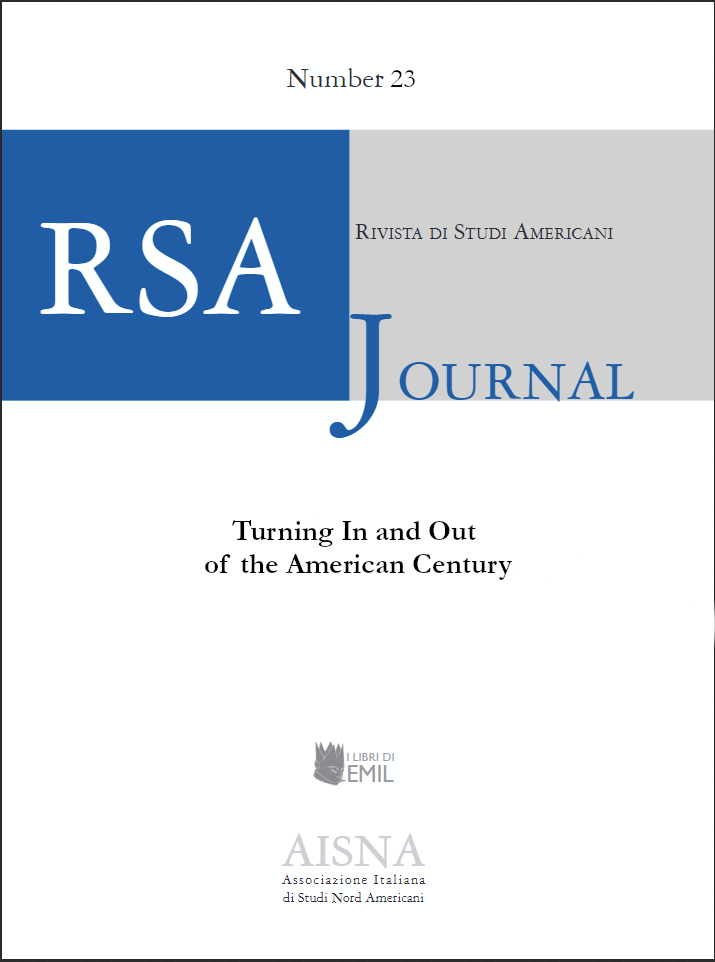Women Writers on the Verge of the Twentieth Century
Edith Wharton et al.
DOI:
https://doi.org/10.13135/1592-4467/8708Keywords:
twentieth century, women writers, Edith WhartonAbstract
This essay discusses how Edith Wharton fits into the turn of the twentieth century and its discontents as a writer accurately depicting society and its sometimes traumatic transformations, especially for women. While bearing in mind Wharton’s refusal to be labelled as a woman writer, it places her in the context of the social condition of women in the late nineteenth and early twentieth centuries and in connection with other contemporary women writers, before focusing on Wharton’s position in this rather complex picture in terms of her ideas and artistic achievements. While in her fiction she often engages in disturbing modern themes, she was rather mild in her narrative experimentation and objected to modernist techniques such as the stream of consciousness. This essay sides with the view of Wharton as a transitional figure, but argues in favor of her contribution to the transformation of American fiction at the turn and into the twentieth century and for her significant place in literary and cultural history.
Downloads
Published
Issue
Section
License
RSAJournal will apply a CC BY 4.0 license to all its contributions starting with issue 37 (2026). Previous issues are licensed under a CC BY-NC-ND licence.





